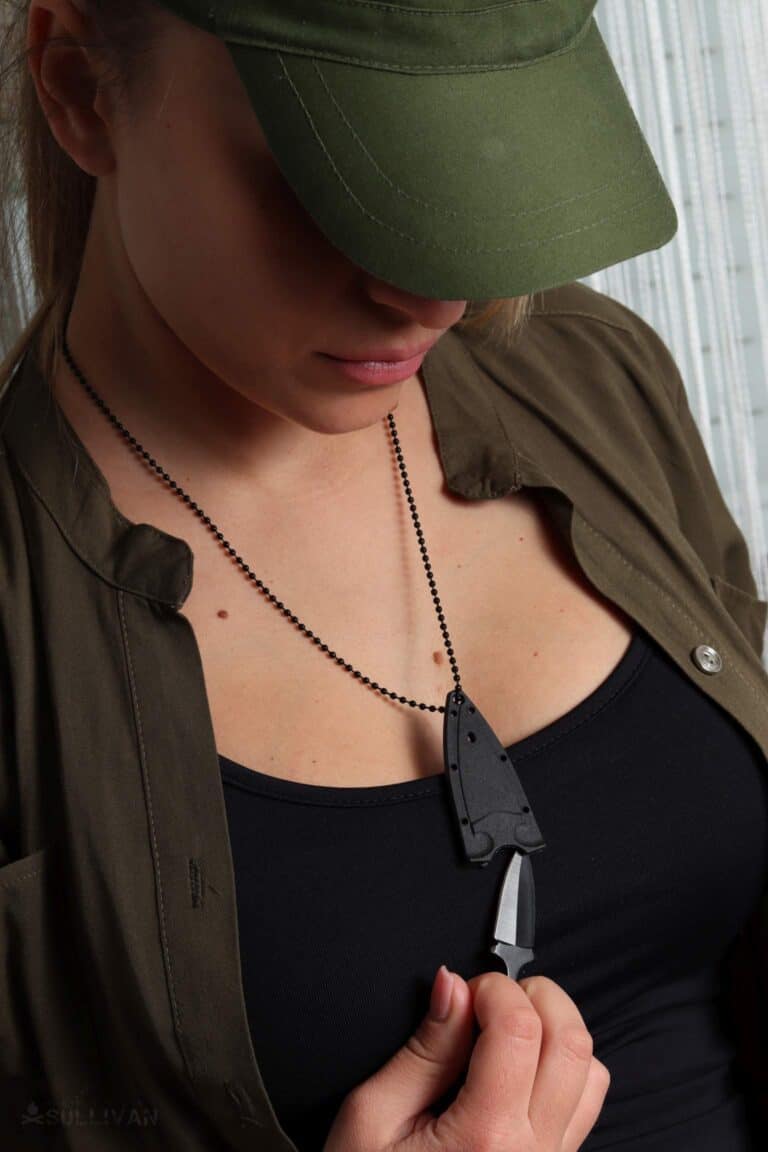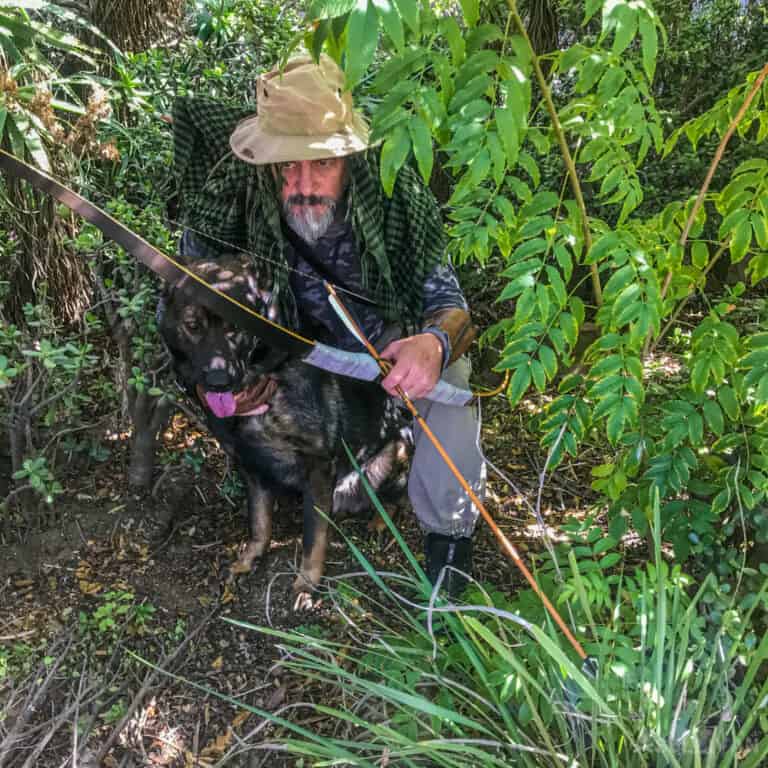OK, so you heard about preppers and survivalists and you wanted to dig a little deeper. This is probably why you landed on this page.
Fair enough. I’m going to tell you everything you need to know but I have to tell you right from the start that preppers and survivalists are NOT the same thing.

Prepper Definition
So what’s a prepper, anyway? A prepper is a person who actively gets ready for one or more catastrophic events that could happen to him, to his family, his town or city, his country or even to the entire planet.
Some believe something bad may or may not happen at some point in the future, while others think it’s only a matter of time.
Not all preppers prepare for every possible disaster scenario. Everyone has an idea of what might happen so they focus on these first.
The most important things preppers do for these catastrophic events are:
- stockpiling of food, water, medicine, ammo, and gear
- own and learn how to use guns
- establish a bug-out location where they can retreat if their home becomes uninhabitable or dangerous
- focus on a wide variety of skills such as finding water, starting a fire, treating light wounds, building shelter, and on and on.
The prepping community is so big that there are actually different types of preppers, each of them with their own views on the world.
The best way to think of preppers is on a scale or number line with the “sheeple” (those who are completely unprepared or in denial) on one end and the extreme preppers, such as those represented on shows like “Doomsday Preppers” (obsessive prepping to exclusion of all else) on the other end.
I’d wage a guess that most of you reading this will fall somewhere in the middle section of the scale.
You may stockpile some supplies, have a garden, raise chickens, and own a handful of guns and ammunition for hunting and self-defense.
All of us have specific areas where we can get a bit obsessive, so maybe you also have the end all be all stockpile of batteries, or ammunition, or canned food.
Some preppers are, indeed, a little extreme, but it’s important to note that the vast majority of preppers are decent people who live normal lives.
In fact, according to an ethnographic study of 39 preppers in 18 different states, conducted by Michael Mills of UK’s University of Kent, the recent increase in the prepping phenomenon is simply one of many responses that could be expected in a country where government and media are increasingly broadcasting risks.
Many preppers are simply reacting to what they’re heating and taking a “just in case” approach to increasing reports of natural disasters, terrorist attacks, civil unrest, and mass violence.
Survivalist Definition
Just like with the prepper community, survivalists have extremists. An extreme survivalist is a person who believes the world is already dangerous, bad, and impossible to live in without taking some drastic measures.
To protect themselves and their loved ones, they may move entirely off the grid, to a remote location in the wilderness, and/or try to cut all ties with local, state, and federal authorities.

To them, the end of the world is already here; they’re already in survival mode.
But just like with preppers, the majority of survivalists don’t get lost in the wilderness to survive just for the sake of it, don’t live in fear on a daily basis, and enjoy their lives just like everyone else.
In fact, many of them see their survivalist skills as a natural extension related to some of their favorite hobbies such as gardening, cooking/food preservation, hunting, fishing, hiking, camping, and various crafts or DIY projects.
There are many different reasons people practice survivalist skills, not all of them related to preparing for a doomsday-type event.
Modern-day survivalists, inspired by the first settlers in the U.S., place a higher priority on “living off the land” or “getting back to their roots”.
Many survivalists focus on skills such as hunting, hide tanning, pottery making, building shelter from natural materials, etc.
These skills help them to survive on their own if society as we know it collapses but also are aligned with their desire to interact and conserve nature.
Other survivalists have more of a focus on learning and practicing skills that help them to become independent of public utilities and commercial goods.
This group of survivalists focus on homesteading skills such as gardening, raising livestock for food, making their own clothing, and producing themselves what they need to survive.
Many survivalists place a high emphasis on protecting and preserving the environment and natural resources as they recognize the importance of a healthy planet to their long-term survival.
Are Preppers or Survivalists Dangerous?
Every group of people have extremist individuals who will take things too far and can then become dangerous to themselves or others.
There have been some survivalists who’ve gone to the extreme a few times but, in general, preppers and survivalists are peaceful, yet prepared to defend if necessary.
The idea that preppers are crazy stems from the fact that there are also a lot of people out there who are anti-Government and anti-liberal. The easiest way to discredit something is to label it “crazy”.
In fact, some of those who are anti-government and anti-liberal are not even active preppers. As in any group of people, the ones that are way too emotional and to extremes, give the entire community a bad reputation.
There’s no doubt that prepping and survivalist lifestyles have gained popularity in recent decades.
What was once a fringe activity or lifestyle, is now considered by many to be a viable alternative lifestyle.
Although exact numbers are difficult to obtain because of the inherent “secretiveness” of prepping and survivalism, experts estimate there are somewhere between 24-68 million preppers and survivalists around the world.
For many years, most survivalists and preppers leaned right politically, primary due to their desire to own and carry guns for protection and hunting.
But in recent years, more and more groups for “liberal preppers” are popping up. Increasing numbers of people are taking steps to live off-grid or to homestead.
I’d wager if you included these people, plus the Amish, Mormons, and those farmers or others who grow or raise their own food, but don’t call themselves preppers or survivalists, the numbers are much, much higher than 68 million worldwide.
Do you consider yourself a prepper or survivalist? If you don’t, do you carry a first aid kit in your purse or your car?
Do you have some preparations in place, such as a generator or bottled water, for natural disasters, power outages, or other short-term emergencies?
Do you enjoy fishing, camping, making your own clothing, or hiking? Have you installed smoke alarms in your home and created an emergency plan with your family in case of fire?
Do you have an emergency kit in your car? If you answered yes to any of these questions, you may have some prepping or survivalist characteristics after all. Let us know in the comments below.

My dad was military. My grandfather was a cop. They served their country well. But I don’t like taking orders. I’m taking matters into my own hands so I’m not just preparing, I’m going to a friggin’ war to provide you the best of the best survival and preparedness content out there.
